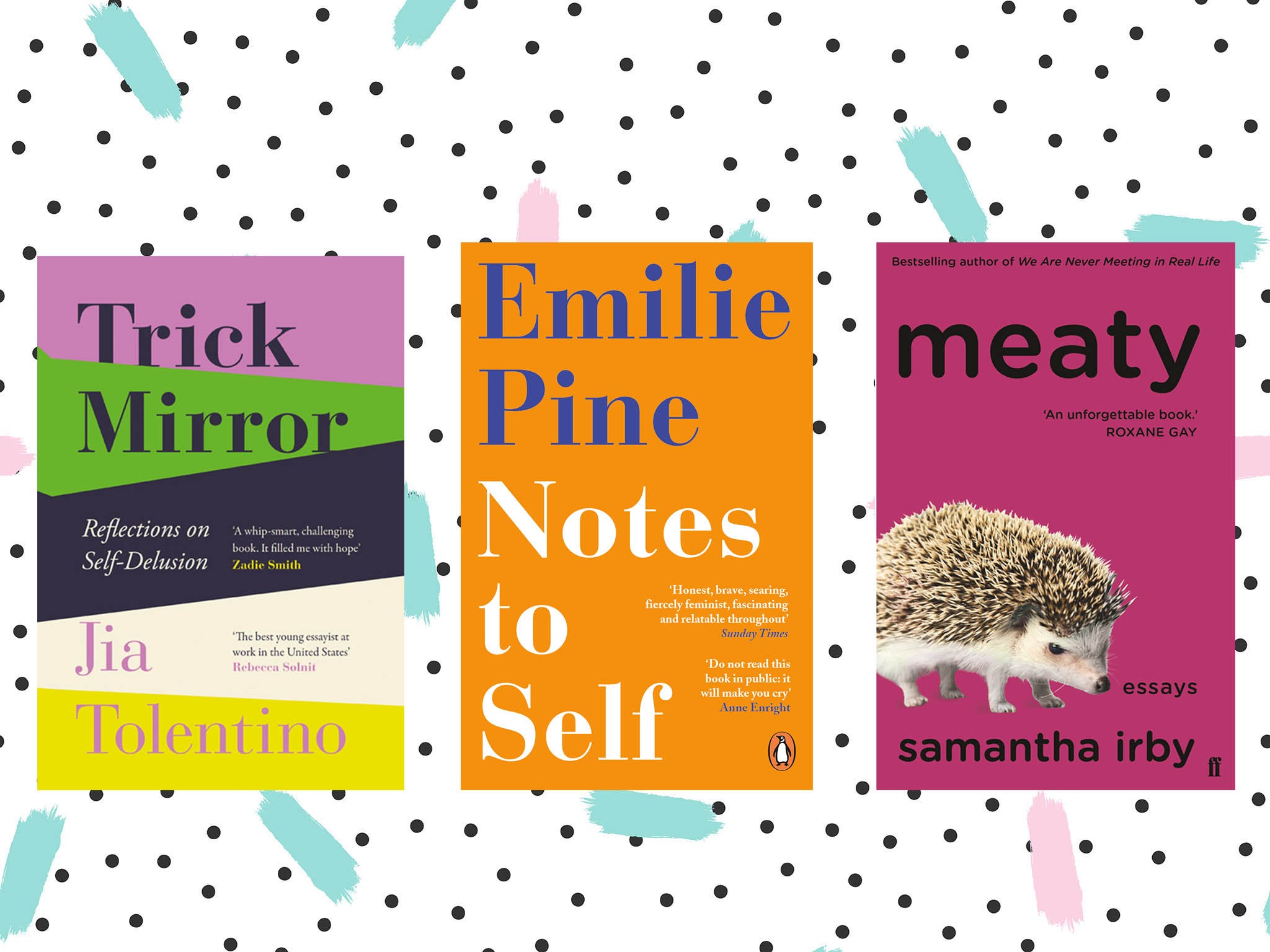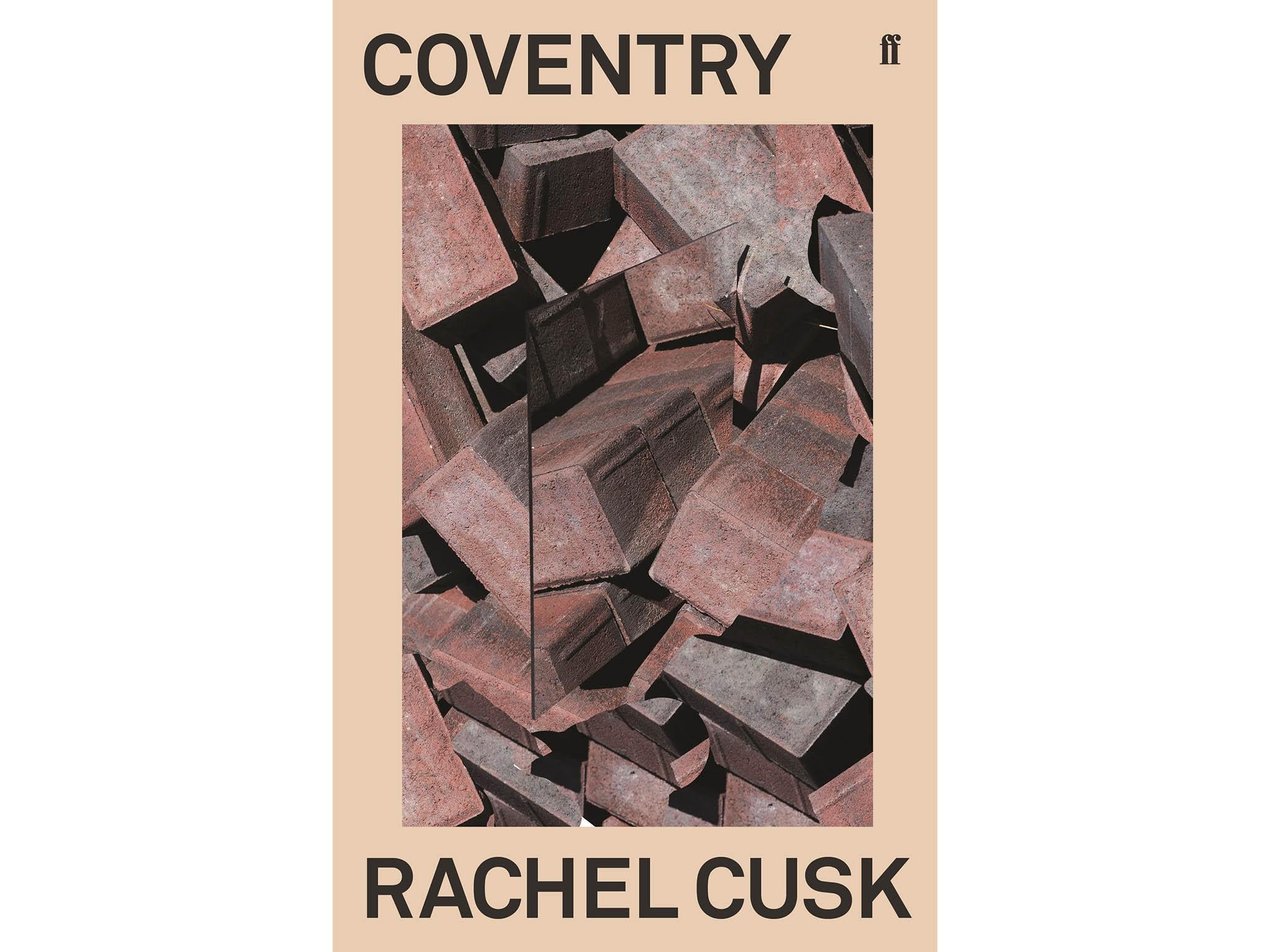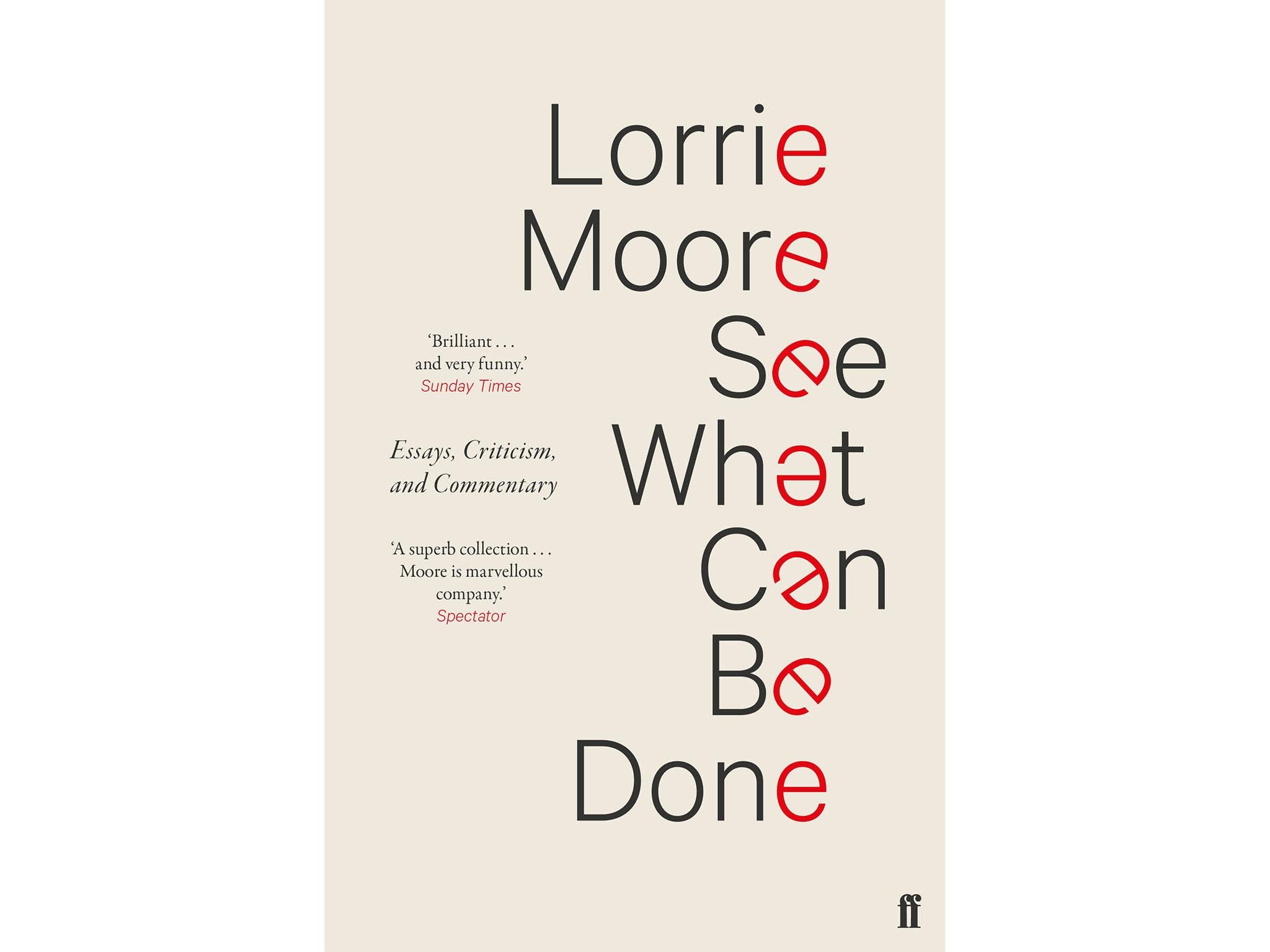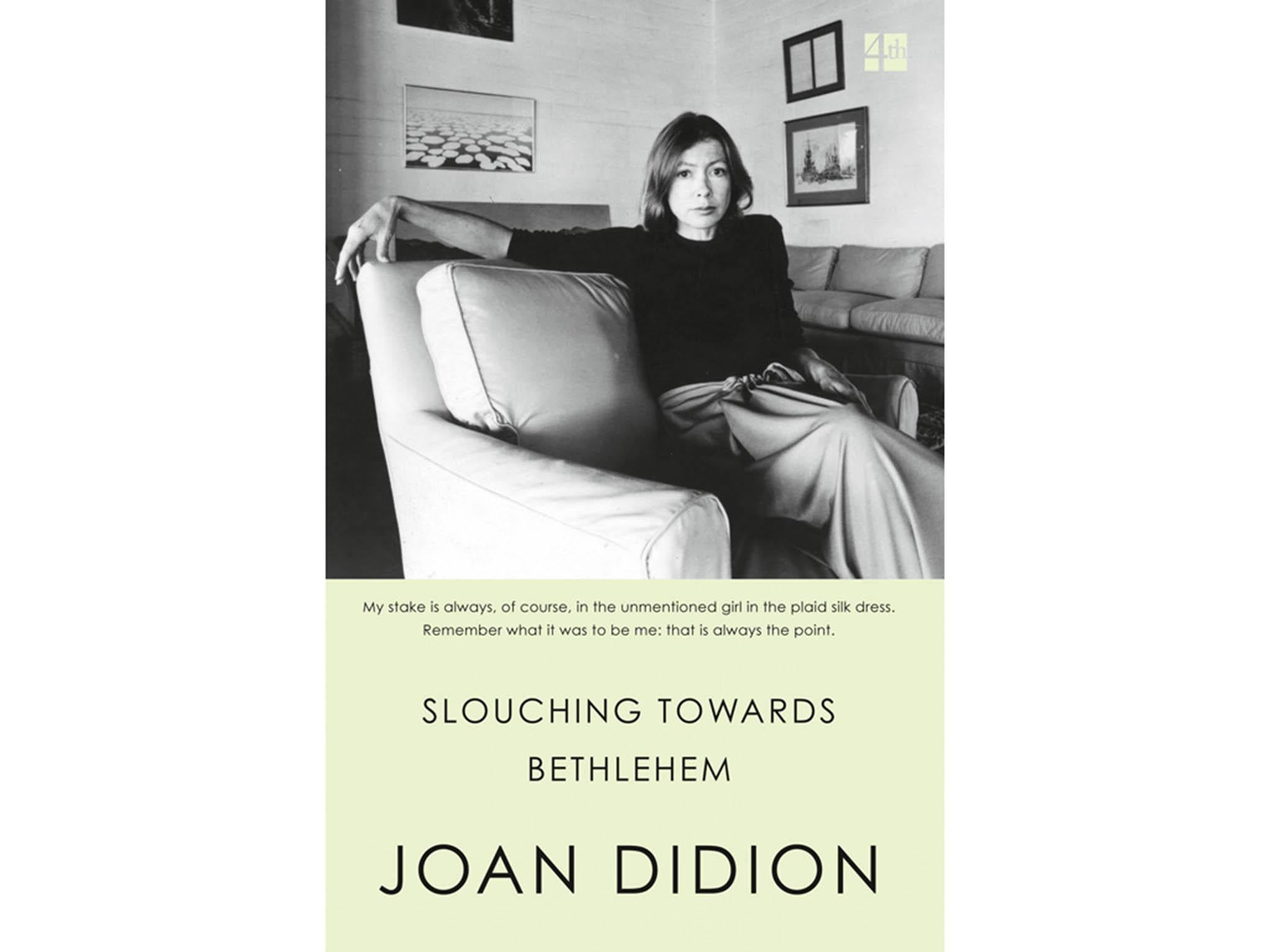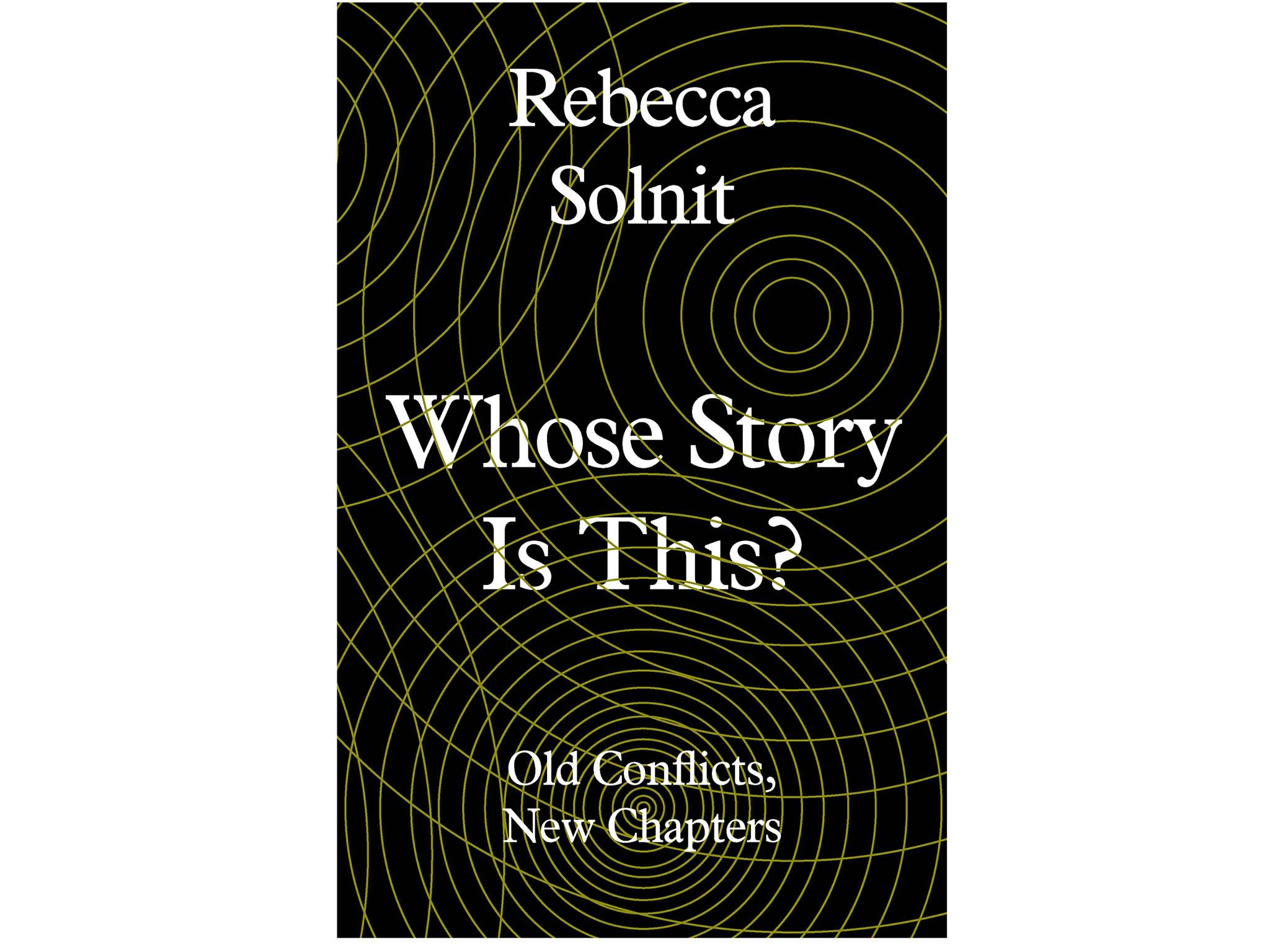‘Minor Feelings’ by Cathy Park Hong, published by Profile Books
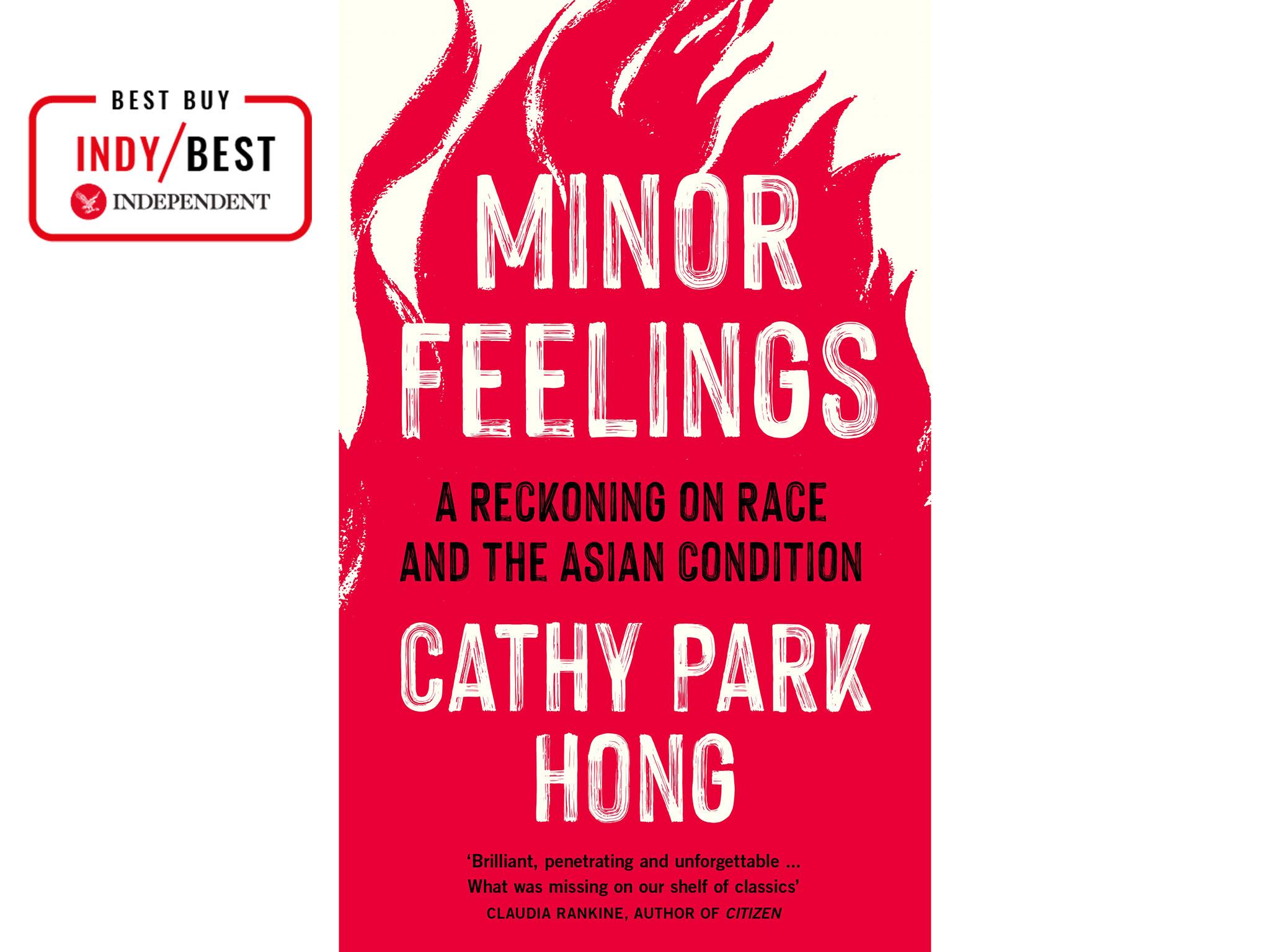
In this volume Korean-American writer and poet Park Hong presents Asian stereotypes as she sees them with a directness that lands like a sucker punch to the gut: “Asians lack presence. Asians take up apologetic space. We don’t even have enough presence to be considered real minorities.”
As a reader you feel totally panicked by the words – how can she write this? – but this is Park Hong’s shame as she sees herself as white America sees her.
Park Hong believes a sense of obedience is at the heart of white manipulation and oppression of Asians. But Park Hong is not obedient. She is candid, opinionated and emotional – all qualities she believes are not part of the Asian stereotype.
Park Hong manages to be very funny when talking about something so personally heart-breaking and systemically appalling. She describes her voice as “a kazoo” and speaks of audiences rushing for the door when her poetry reading is over. She recalls how she begged a Korean therapist to take her on as a patient (“‘Eunice!’ I shouted into the phone.”) because she felt she would be better understood – and doesn’t scrimp on the details of the pain of that rejection.
But although Park Hong’s experiences are naturally at the heart of the essays, she details the racism served up to Chinese workers in America the 1900s – including the example of a 15-year-old girl who was raped until her “body was hollowed out with syphilis” and she was “dumped out on the streets to die alone”. She also explains how Asians were essentially used as pawns by white supremacists during the Civil Rights Movement of the 1960s.
Park Hong also discusses how often Asians are lumped into one stereotype when the differences, prejudices and conflicts between the nations are complex and very real: “Most Americans… think Chinese is synecdoche for Asians the way Kleenex is for tissues. They don’t understand that we’re this tenuous alliance of many nationalities.”
A standout moment is where Park Hong explains that racism towards Asians is different than racism towards black people, especially as she does so without making any value judgements or suggestions about which is worse.
We learned so much from Minor Things, not least what a dazzling writer Cathy Park Hong is.
